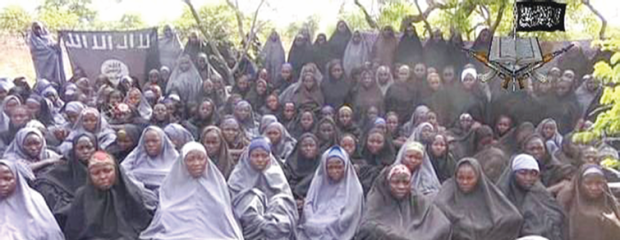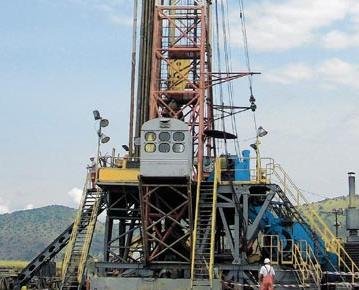#EndSARS fake news: Is Instagram equipped to police the internet?

Their fact-checking algorithms are not doing a good enough job of identifying what’s fake and what isn’t.

A screenshot of a solidarity post flagged on Instagram.
The protests in Nigeria have been raging since early October as citizens advocate against police brutality at the hands of the Special Anti-Robbery Squad (SARS). Prominent figures such as Nigerian musician Burna Boy have described the protests as the most important moment in Nigeria’s history, and social media platforms like Instagram and Facebook have served as a central channel for the distribution of information.
However, while some have praised Instagram for its ability to allow citizens to “go live” and show the world what is happening on the ground, others have criticised the platform and the algorithms it uses to flag posts as fake news. On 20 October, as news spread that peaceful protesters in Lagos had been shot by the Nigerian Army, Instagram users from all over the world shared posts in solidarity. These posts were subsequently flagged by the platform as potentially being false.
Fact-checking algorithms have long been criticised by experts who claim that social media platforms are ill-equipped to accurately police the internet. By installing itself as an arbiter of truth, Instagram tells people around the world what is false and what isn’t. But clearly, it is not always successful. In recent days, Instagram has been forced to issue an apology.
Being at the centre of such an important moment in history is an extremely sensitive position to be in. It is a situation that requires the utmost care and responsibility. That is why Instagram’s automated flagging of genuine information around #EndSARS as false – in addition to blocking some accounts – is concerning. It can cause confusion and potentially turn eyes away from content that sheds light on the reality.
At the same time, Instagram’s algorithms have not adequately singled out posts that do contain fake news. Most agree that it is important for social media platforms to root out false information, particularly if it is defamatory, discriminatory, prejudiced, or overtly harmful. Yet large amounts of false information about the #EndSARS protests have been shared online. For instance, a picture from 2018 of Ugwu Blessing Ugochukwu crying was purposefully disseminated recently alongside false claims that her brother had just been shot by the police. Similarly, a chyron taken from CNN was doctored to completely alter its meaning.
Ultimately, it is essential that fact-checking occurs with oversight on a case-by-case basis and that platforms spend greater amounts of energy and time ensuring their algorithms are not making unnecessary errors. This is especially important when there is a genuine threat to life.
There is no doubt that Instagram and other social media platforms have proven instrumental in the spread of information. A live video broadcast by the popular Nigerian disc jockey DJ Switch revealed citizens removing a bullet from a protester’s wound and pleading for help. Nigerian security forces would later deny that they were at the scene at all but the broadcast was evidence that they were. This emphasises the potential provided by social media to reveal institutionalised wrongdoing.
All around the world during demonstrations, authoritarian governments have attempted to prevent access to social media platforms because of how they permit citizens to coordinate their efforts and express dissenting opinions. This is proof that draconian governments understand the power of social media and their ability to help topple entrenched regimes. However, while platforms like Instagram are leveraged for such important, history-altering causes, it is vital that they use every available resource to allow the truth to the surface – and to give those who are being harmed a voice.






